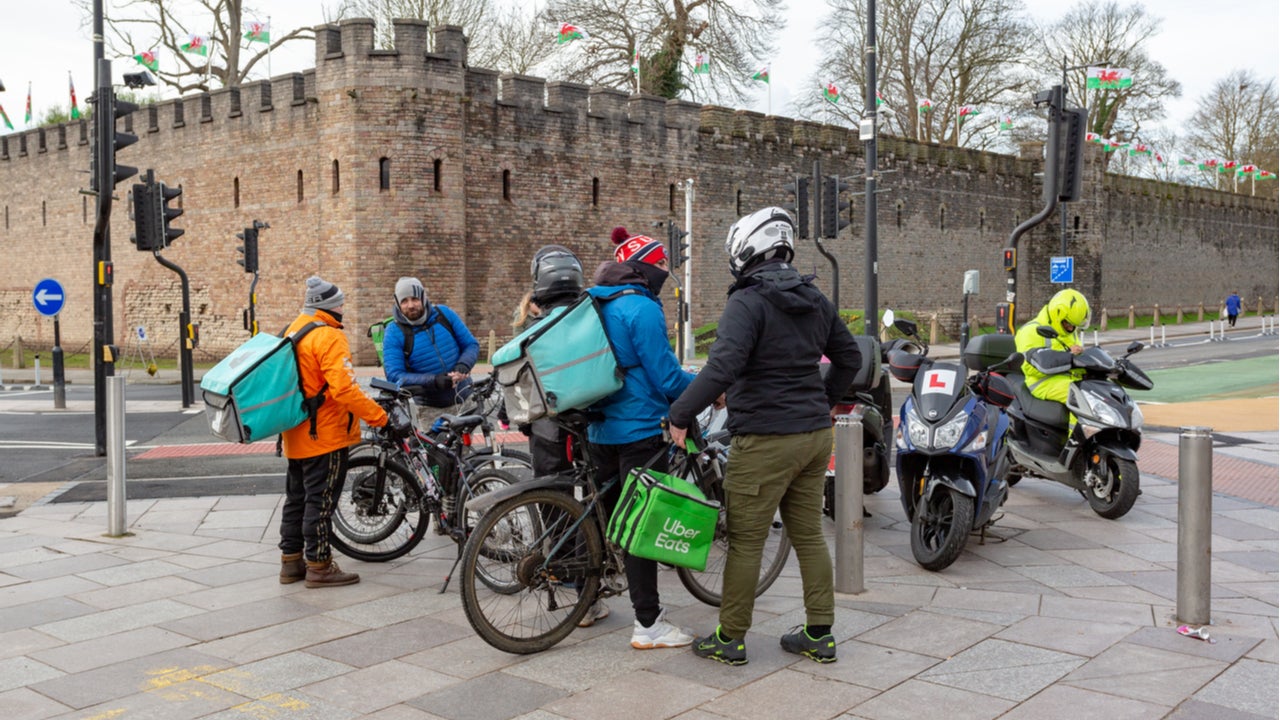Some economists believe that despite robust Covid vaccinations and new job openings in rich nations, the poorly educated, low paid workers, and young people, are in the eye of an economic storm where the pain has been the worst and recovery prolonged.
Rafael Domenech
Rafael Domenech, head of economic analysis of BBVA Research and professor of economics at the University of Valencia, shared an article on labour markets in the rich economies recovering from the Covid-19 pandemic, but the low-paid and young may still be continuing to struggle through the crisis.
At the start of the pandemic, the number of hours worked in most rich economies in the Organisation for Economic Co-operation and Development (OECD) dropped by 15%, while the US unemployment rate peaked from 3.5% in February 2020 to 14.8% in April. Governments across the rich nations rattled to put together furlough and short-time work schemes, which curbed the unemployment rates in many other countries like the UK.
Some 60 million workers were supported at the peak of the virus crisis. Economists state that the major burden was felt by the young, the poorly educated and low-paid workers.
The labour market, however, has been recovering since the acceleration of robust vaccinations, with unemployment receding in many countries such as US. For example, research found the US unemployment rate to be 5.9% in June 2021, with the number of job vacancies posted by employers surging.
Labour markets in the rich world are recovering from covid-19 https://t.co/O7A3Oihiun
 GlobalData Strategic Intelligence
GlobalData Strategic IntelligenceUS Tariffs are shifting - will you react or anticipate?
Don’t let policy changes catch you off guard. Stay proactive with real-time data and expert analysis.
By GlobalData— Rafael Domenech (@rdomenechv) July 8, 2021
Iglika Ivanova
Iglika Ivanova, senior economist and public interest researcher with the Canadian Centre for Policy Alternatives, retweeted an article on deep inequalities in the labour market that have worsened during Covid-19 pandemic. According to her research, women, racialised and indigenous groups, recent immigrants, and young people are experiencing the brunt of the Covid-19-induced recession.
According to the Canadian Centre for Policy Alternatives research, economic recovery and employment gains after the first two Covid-19 waves have not been as robust as governments suggested earlier.
Further, the report also revealed that the economic recession caused by the pandemic has been far greater and more unequal than others, implying that some have prospered over the past year while others are still struggling to make ends meet. The findings, therefore, contradict some of the positive messages conveyed by the provincial government about a strong economic rebound in 2021 and 2022.
The real story: deep inequalities in our labour market that have worsened during #COVID19 & it's low-wage & women workers, racialized & Indigenous people & immigrants who are doing poorly @IglikaIvanova told @CapitalDailyVic about her new research. #bcpolihttps://t.co/S8jV2S6oDt
— The CCPA–BC (@CCPA_BC) July 8, 2021
Duncan Weldon
Duncan Weldon, the Britain economics correspondent at The Economist, retweeted an article on a poll that showed that some Britons supported anti-Covid restrictions permanently.
Government behavioural scientists had warned that Britons would defy even the least of restrictions, and fretted about disorder and looting when the pandemic hit last year.
However, polls suggest that many have complied willingly.
Meanwhile, as the government prepares for Freedom Day by scrapping nearly all of the remaining anti-Covid measures in England, some Britons are not happy that as a result of lifting restrictions, nightclubs will reopen, mask mandates will be lifted, and capacity caps at restaurants will also be removed.
NEW: @ipsosmori polling for The Economist shows some Brits support anti-covid restrictions *permanently*, regardless of covid risk. Inc:
– 19% for nighttime curfews
– 26% for closing casinos and clubs
– 35% for travel quarantine
– 40% for maskshttps://t.co/bcYpSbCFNB pic.twitter.com/I7K3fEn2YC— Matthew Holehouse (@mattholehouse) July 8, 2021




